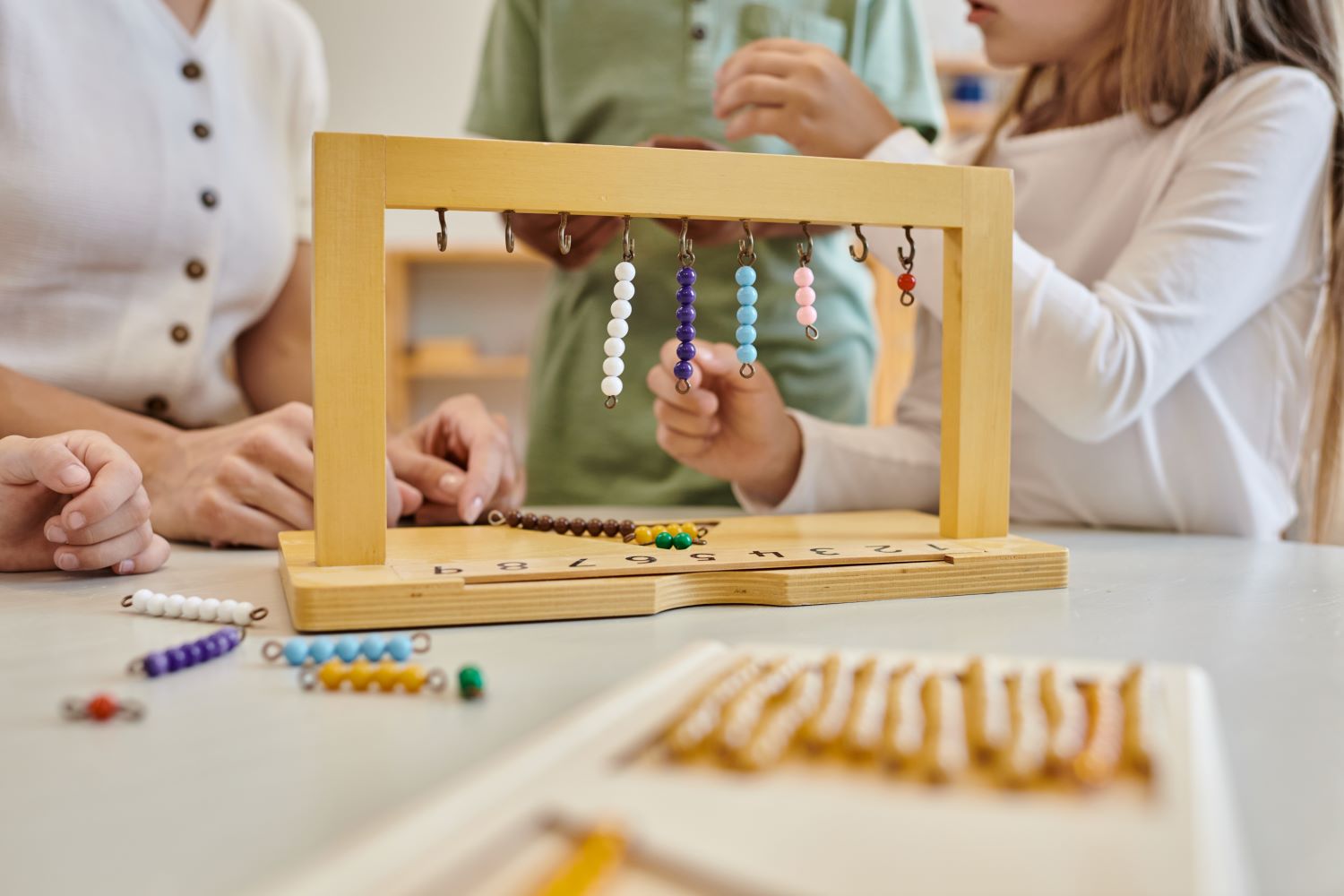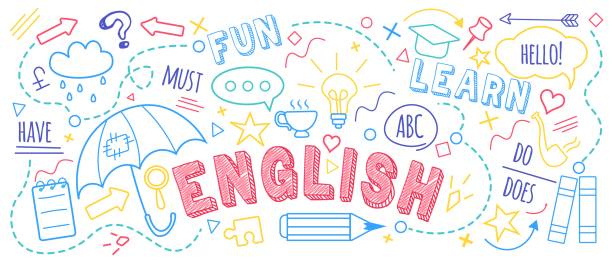ในยุคดิจิทัลที่เทคโนโลยีมีบทบาทสำคัญต่อทุกภาคส่วนของโลก ผู้นำจำเป็นต้องปรับตัวให้เข้ากับการเปลี่ยนแปลงทางเทคโนโลยีเพื่อนำองค์กรให้ประสบความสำเร็จ การเปลี่ยนแปลงทางเทคโนโลยีเกิดขึ้นอย่างรวดเร็วและต่อเนื่อง ผู้นำจำเป็นต้องมีความรู้ความเข้าใจเกี่ยวกับเทคโนโลยีใหม่ๆ อยู่เสมอ เพื่อให้สามารถประยุกต์ใช้เทคโนโลยีให้เกิดประโยชน์สูงสุดกับองค์กร
นอกจากความรู้ความเข้าใจเกี่ยวกับเทคโนโลยีแล้ว ผู้นำยังต้องมีทักษะอื่นๆ ที่จำเป็นในยุคดิจิทัล เช่น
- ทักษะในการคิดวิเคราะห์ ผู้นำจำเป็นต้องสามารถวิเคราะห์ข้อมูลและสถานการณ์ต่างๆ เพื่อตัดสินใจได้อย่างมีประสิทธิภาพ
- ทักษะในการแก้ปัญหา ผู้นำจำเป็นต้องสามารถแก้ไขปัญหาที่เกิดขึ้นได้อย่างทันท่วงที
- ทักษะในการคิดสร้างสรรค์ ผู้นำจำเป็นต้องสามารถคิดหาวิธีใหม่ๆ เพื่อพัฒนาองค์กร
- ทักษะในการปรับตัว ผู้นำจำเป็นต้องสามารถปรับตัวให้เข้ากับการเปลี่ยนแปลงต่างๆ ที่เกิดขึ้น
ผู้นำในยุคดิจิทัลจึงต้องเป็นผู้ที่มีทักษะและความรู้รอบด้าน ที่สามารถนำองค์กรให้ก้าวทันการเปลี่ยนแปลงทางเทคโนโลยีและประสบความสำเร็จ
ทักษะที่จำเป็นสำหรับผู้นำในยุคดิจิทัล
1. ความรู้ความเข้าใจเกี่ยวกับเทคโนโลยี
ผู้นำจำเป็นต้องมีความรู้ความเข้าใจเกี่ยวกับเทคโนโลยีใหม่ๆ อยู่เสมอ เพื่อให้สามารถประยุกต์ใช้เทคโนโลยีให้เกิดประโยชน์สูงสุดกับองค์กร ความรู้เกี่ยวกับเทคโนโลยีที่ผู้นำควรมี ได้แก่
- ความรู้เกี่ยวกับเทคโนโลยีสารสนเทศและการสื่อสาร (ICT) เช่น คอมพิวเตอร์ อินเทอร์เน็ต เครือข่าย ซอฟต์แวร์
- ความรู้เกี่ยวกับเทคโนโลยีอุตสาหกรรม เช่น ปัญญาประดิษฐ์ (AI) อินเทอร์เน็ตแห่งสรรพสิ่ง (IoT) หุ่นยนต์
- ความรู้เกี่ยวกับเทคโนโลยีดิจิทัลอื่นๆ เช่น บล็อกเชน คริปโตเคอเรนซี
ผู้นำสามารถเรียนรู้เกี่ยวกับเทคโนโลยีใหม่ๆ ได้หลากหลายช่องทาง เช่น การเข้าอบรมสัมมนา การศึกษาด้วยตัวเองผ่านสื่อต่างๆ หรือการทำงานร่วมกับผู้เชี่ยวชาญด้านเทคโนโลยี
2. ทักษะในการคิดวิเคราะห์
ผู้นำจำเป็นต้องสามารถวิเคราะห์ข้อมูลและสถานการณ์ต่างๆ เพื่อตัดสินใจได้อย่างมีประสิทธิภาพ ทักษะในการคิดวิเคราะห์ที่ผู้นำควรมี ได้แก่
- ทักษะในการคิดเชิงกลยุทธ์ หมายถึง ความสามารถในการคิดวางแผนและกำหนดทิศทางให้กับองค์กร
- ทักษะในการคิดเชิงวิพากษ์ หมายถึง ความสามารถในการคิดอย่างมีเหตุผลและตรรกะ
- ทักษะในการคิดเชิงสร้างสรรค์ หมายถึง ความสามารถในการคิดหาวิธีใหม่ๆ เพื่อแก้ปัญหา
ผู้นำสามารถพัฒนาทักษะในการคิดวิเคราะห์ได้ผ่านการลงมือปฏิบัติจริง เช่น การแก้ปัญหาที่เกิดขึ้นในองค์กร การวางแผนกลยุทธ์ให้กับองค์กร
3. ทักษะในการแก้ปัญหา
ผู้นำจำเป็นต้องสามารถแก้ไขปัญหาที่เกิดขึ้นได้อย่างทันท่วงที ทักษะในการแก้ปัญหาที่ผู้นำควรมี ได้แก่
- ทักษะในการระบุปัญหา หมายถึง ความสามารถในการระบุสาเหตุของปัญหา
- ทักษะในการหาแนวทางแก้ไข หมายถึง ความสามารถในการคิดหาวิธีแก้ไขปัญหา
- ทักษะในการดำเนินการแก้ไข หมายถึง ความสามารถในการนำแนวทางแก้ไขไปปฏิบัติ
ผู้นำสามารถพัฒนาทักษะในการแก้ปัญหาได้ผ่านการลงมือปฏิบัติจริง เช่น การแก้ไขปัญหาที่เกิดขึ้นในการทำงาน การแก้ปัญหาให้กับลูกค้า
4. ทักษะในการคิดสร้างสรรค์
ผู้นำจำเป็นต้องสามารถคิดหาวิธีใหม่ๆ เพื่อพัฒนาองค์กร ทักษะในการคิดสร้างสรรค์ที่ผู้นำควรมี ได้แก่
- ทักษะในการคิดนอกกรอบ หมายถึง ความสามารถในการคิดนอกกรอบเดิมๆ เพื่อหาวิธีใหม่ๆ
- ทักษะในการคิดริเริ่มสร้างสรรค์ หมายถึง ความสามารถในการคิดหาสิ่งใหม่ๆ ที่ไม่เคยมีมาก่อน
ผู้นำสามารถพัฒนาทักษะในการคิดสร้างสรรค์ได้ผ่านการลงมือปฏิบัติจริง เช่น การคิดหาวิธีใหม่ๆ เพื่อเพิ่มยอดขาย การคิดหาวิธีใหม่ๆ เพื่อปรับปรุงคุณภาพสินค้าหรือบริการ
5. ทักษะในการปรับตัว
ผู้นำจำเป็นต้องสามารถปรับตัวให้เข้ากับการเปลี่ยนแปลงต่างๆ ที่เกิดขึ้น ทักษะในการปรับตัวที่ผู้นำควรมี ได้แก่
- ทักษะในการยอมรับการเปลี่ยนแปลง หมายถึง ความสามารถในการยอมรับการเปลี่ยนแปลงที่เกิดขึ้น
- ทักษะในการปรับตัวให้เข้ากับการเปลี่ยนแปลง หมายถึง ความสามารถในการปรับตัวให้เข้ากับการเปลี่ยนแปลงที่เกิดขึ้นได้อย่างมีประสิทธิภาพ
ผู้นำสามารถพัฒนาทักษะในการปรับตัวได้ผ่านการลงมือปฏิบัติจริง เช่น การปรับตัวให้เข้ากับการเปลี่ยนแปลงของเทคโนโลยี การปรับตัวให้เข้ากับการเปลี่ยนแปลงของตลาด
สรุป
ภาวะผู้นำในยุคดิจิทัลเป็นสิ่งสำคัญที่จะช่วยให้องค์กรประสบความสำเร็จ ผู้นำจำเป็นต้องมีความรู้ความเข้าใจเกี่ยวกับเทคโนโลยีใหม่ๆ มีทักษะในการคิดวิเคราะห์ แก้ปัญหา คิดสร้างสรรค์ และปรับตัว เพื่อให้สามารถนำองค์กรให้ก้าวทันการเปลี่ยนแปลงทางเทคโนโลยีและประสบความสำเร็จ









